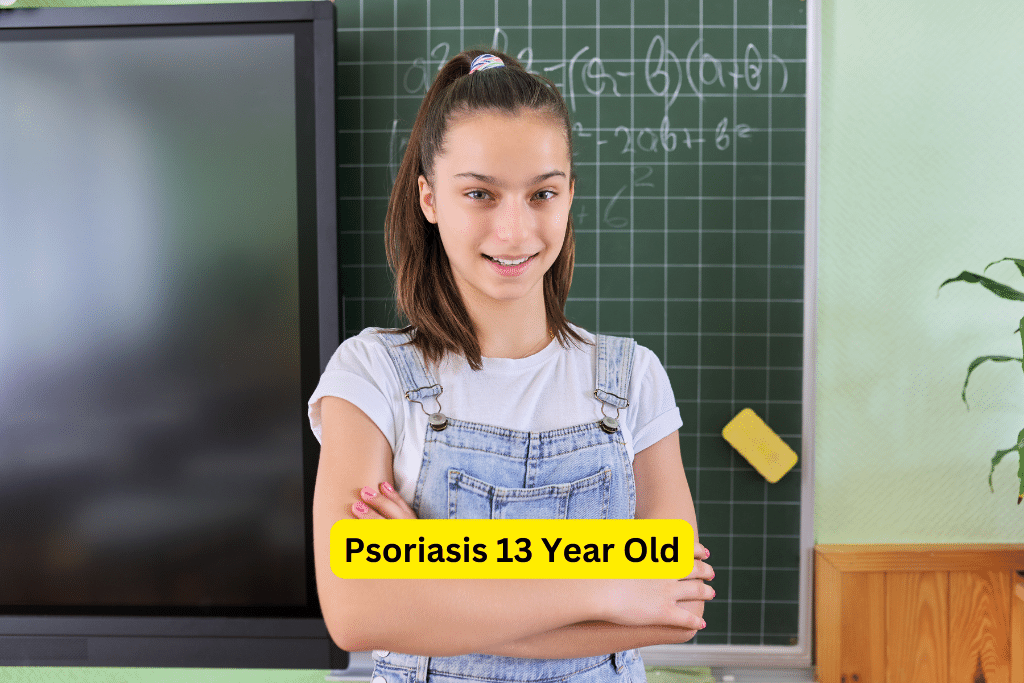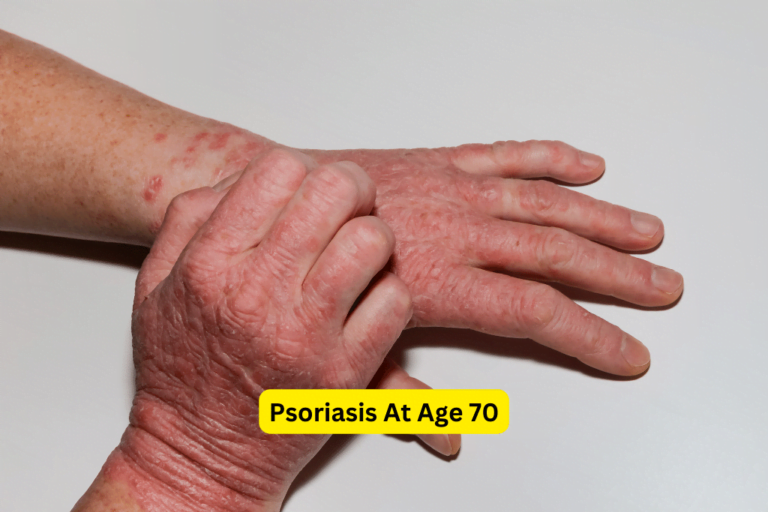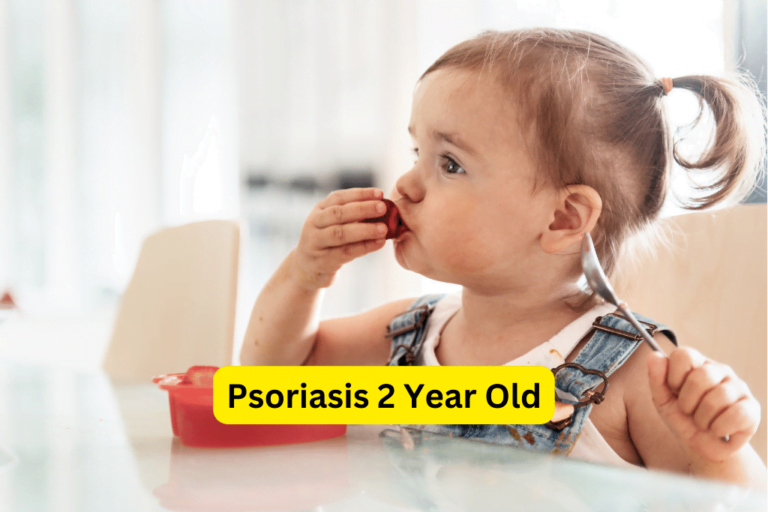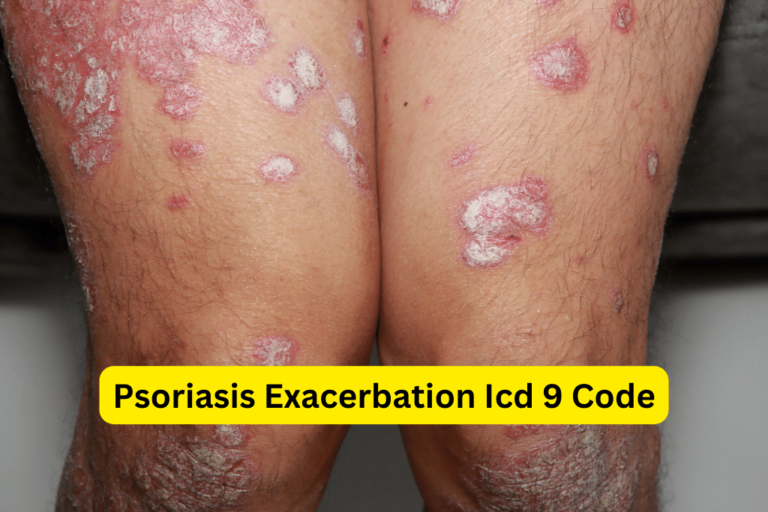Psoriasis Treatment for 13-Year-Olds: Clearer Skin Solutions
Psoriasis 13 Year Old
Psoriasis is a chronic autoimmune condition that affects people of all ages, including children and teenagers. While it is commonly associated with adults, psoriasis can also occur in 13-year-olds, posing unique challenges for their overall well-being. It is essential to address and manage psoriasis in teenagers effectively to alleviate their symptoms and improve their quality of life.
Understanding Psoriasis in 13-Year-Olds
Psoriasis in 13-year-olds can present differently than in adults. The most common types of psoriasis seen in this age group include plaque psoriasis, guttate psoriasis, and inverse psoriasis. The triggers and potential causes of psoriasis in teenagers vary, with a combination of genetic and environmental factors playing a role.
It is crucial to differentiate between psoriasis and other skin conditions to ensure an accurate diagnosis. Consulting with a dermatologist is essential in identifying and managing psoriasis effectively in 13-year-olds. Additional tests such as blood tests or skin biopsies may be required to confirm the diagnosis.
Signs and Symptoms
Teenagers with psoriasis may experience a range of symptoms that can impact both their physical and emotional well-being. It is important to recognize these symptoms early to provide appropriate treatment and support.
Common symptoms include red and scaly patches of skin, itching, dryness, and pain. The visible nature of psoriasis can have a significant impact on a teenager’s self-esteem, potentially leading to social isolation and emotional distress. It is important for parents and caregivers to provide emotional support and understanding during this challenging time.
Diagnosis
Diagnosing psoriasis in 13-year-olds requires a thorough evaluation by a dermatologist. They will examine the affected areas and take into account the teenager’s medical history and symptoms. While physical examination is often sufficient for diagnosis, additional tests such as blood work or a skin biopsy may be performed to confirm the diagnosis and rule out other possible conditions.
Managing Psoriasis in 13-Year-Olds
While there is no cure for psoriasis, several strategies can help manage the condition and reduce flare-ups in 13-year-olds.
1. At-home remedies: Keeping the skin moisturized, avoiding triggers such as harsh soaps or extreme temperatures, and practicing good hygiene can help manage symptoms.
2. Healthy lifestyle: A balanced diet rich in fruits, vegetables, and omega-3 fatty acids can support overall skin health. Stress reduction techniques, such as exercise and mindfulness, can also help manage psoriasis.
3. Topical treatments: Over-the-counter creams and ointments containing ingredients like salicylic acid, coal tar, or corticosteroids can provide relief from itching and help reduce inflammation.
Medical Treatment Options
In more severe cases of psoriasis, medical treatment may be necessary. Prescription topical medications, such as calcipotriene and tazarotene, can be prescribed to manage symptoms. Phototherapy, which involves exposing the skin to ultraviolet light, may also be recommended.
In severe cases, systemic medications such as methotrexate or biologic drugs may be considered. It is important to discuss the potential benefits and risks of these treatments with a dermatologist or pediatrician.
Emotional Support and Coping Strategies
Living with psoriasis can take an emotional toll on teenagers. It is crucial to provide emotional support and open communication to help them cope with their condition.
Encouraging teenagers to express their feelings and providing reassurance can help boost their self-esteem. Support groups or therapy sessions can also be beneficial for psychological well-being.
Lifestyle Modifications
Lifestyle modifications can significantly impact the management of psoriasis in 13-year-olds.
Encourage regular exercise as it can help reduce stress and improve overall well-being. Getting enough sleep is also important for healthy skin and immune function. Stress reduction techniques, such as yoga or meditation, can be incorporated into their daily routine.
Talking to Your Teenager
Open and honest communication with your teenager is crucial when discussing their psoriasis. Allow them to express their concerns and fears, and be sure to address their questions and provide accurate information.
Encourage active participation in their treatment plan and self-care routine. Empowering them to take ownership of their condition can help build confidence and promote self-management skills.
The Role of the School
Psoriasis can have an impact on a teenager’s school life, both academically and socially.
It is important to educate teachers and school staff about psoriasis to ensure they understand the challenges it may pose. Collaboration between parents, healthcare providers, and school staff can lead to accommodations that promote a supportive learning environment for the teenager.
Holistic Approaches and Alternative Therapies
Complementary therapies and lifestyle changes may be explored alongside conventional treatments for psoriasis in 13-year-olds.
Natural remedies such as aloe vera and oatmeal baths, as well as dietary changes such as avoiding trigger foods, are often touted as beneficial. However, it is important to consult with a healthcare professional before trying alternative therapies to ensure they are safe and effective.
Research and Future Developments
Ongoing research is continuously advancing our understanding of psoriasis in adolescents. Promising new treatments and therapies are being investigated to improve outcomes for 13-year-olds with psoriasis.
Stay informed about the latest research and advancements in the field, as new treatments and strategies may emerge. Discuss any new developments with a healthcare professional to determine the potential benefits for your child.
Conclusion
Psoriasis can be a challenging condition for 13-year-olds, but with proper management and support, clearer skin and improved quality of life are attainable.
Early diagnosis, comprehensive management, and open communication are vital in helping teenagers cope with their psoriasis. With a combination of medical treatments, lifestyle modifications, emotional support, and a healthy self-care routine, 13-year-olds with psoriasis can thrive and lead fulfilling lives.
"Have You Seen Mike Walden's new holistic acne System yet? It's called "Acne No More" I've read the whole thing (all 223 pages) and there's some great information in there about how to naturally and permanently eliminate your acne without drugs, creams or any kind of gimmicks. I highly recommend it - it's very honest and straightforward without all the hype and b.s. you see all over the net these days. Here's the website where you can get more information:
Click Here -->AcneNoMore









